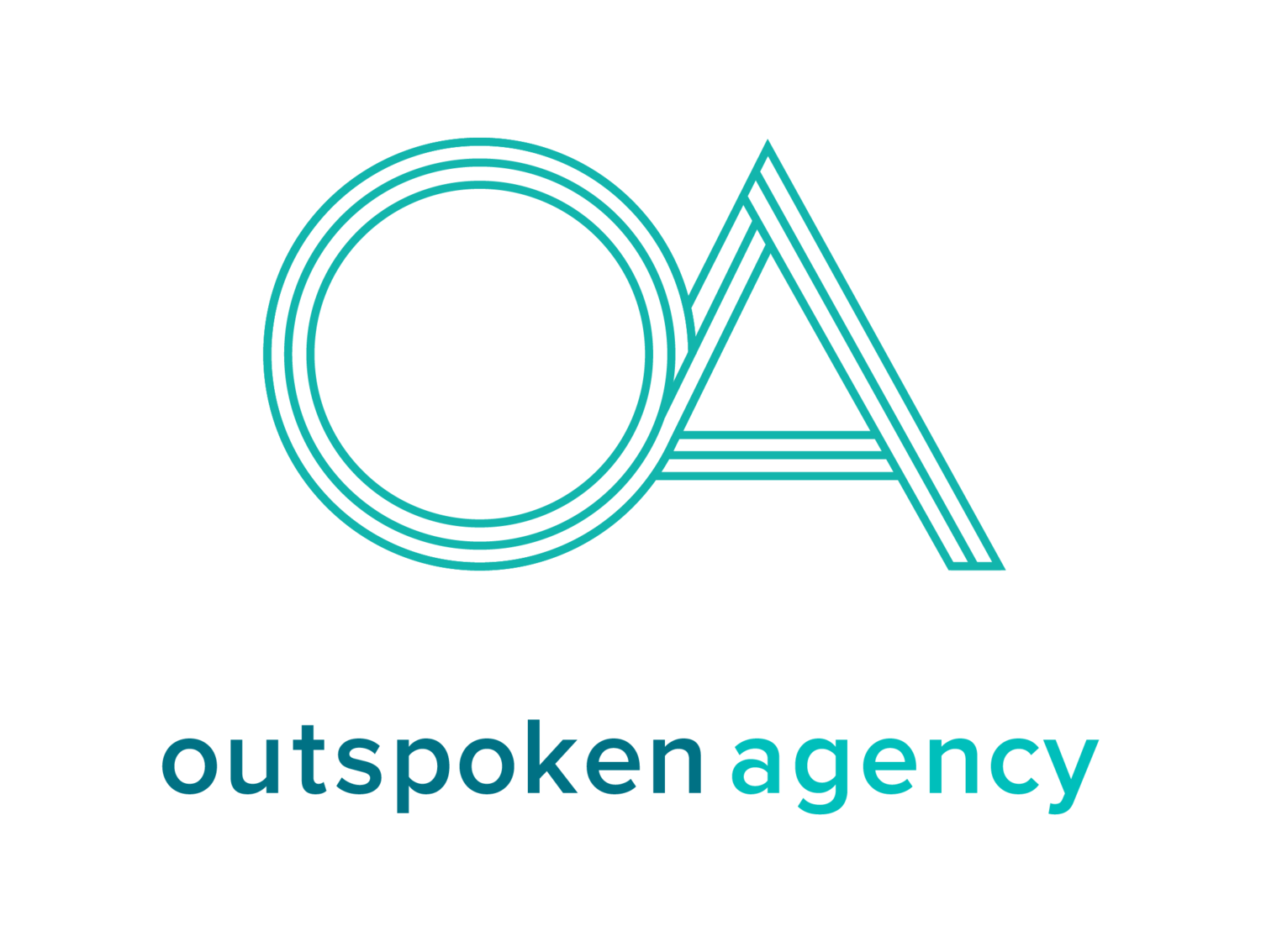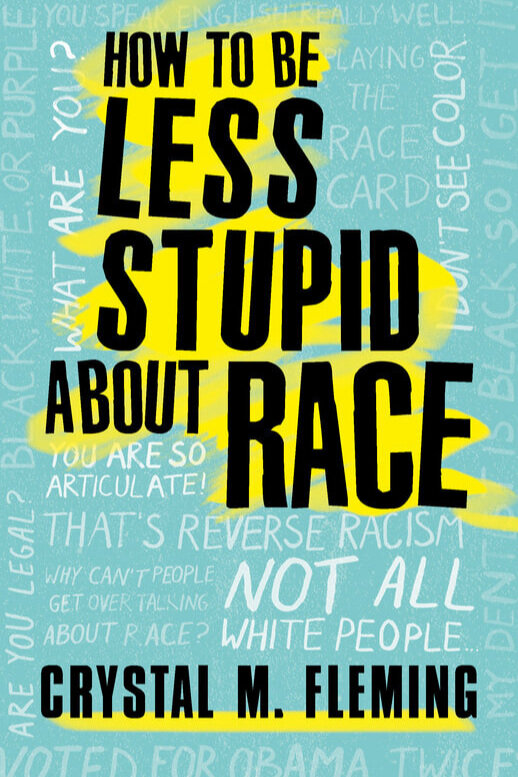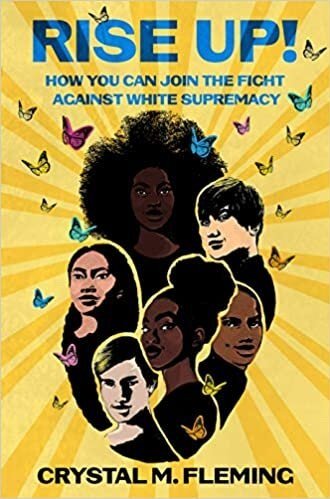Advancing Racial Literacy with Crystal Fleming: An Interview to Celebrate MLK Day
/Excerpted from a recent interview with Smith College, author and critical race theory scholar Dr. Crystal Fleming believes that fighting racism is about raising awareness and acting in community. As we celebrate Martin Luther King Day this year, we remember Dr King’s call to forming a “Beloved Community” as an outcome of social justice.
As a professor of sociology and Africana studies at SUNY Stony Brook, Dr. Fleming warns against what she calls “zombie antiracism”—the blank assumption that good intentions absolve people from confronting white supremacy—or “check-the-box antiracism”—the idea that taking one workshop or attending one protest is enough.
Check out the interview here and afterwards reflect on how you might help your community create an all-inclusive spirit of sisterhood and brotherhood in honor of Dr. King.
How does becoming racially literate differ from other racial-justice strategies?
Crystal Fleming: “One idea that’s become very popularized over the last couple of years is identity-based antiracism: I am an antiracist as a core part of my identity. I understand the value of that in a culture like ours that has been steeped for so many centuries in embracing racism. But as a sociologist, something I’m concerned about is when antiracism gets understood mainly as what an individual needs to do. What I’m talking about with racial literacy is what we as communities need to do to foster more accurate understandings of our history and our ongoing reality. That collective dimension is really important. We all have learning—and unlearning—to do, because we are all shaped by our racist society.”
How might that approach help people who hold different views about race talk to each other?
“One of the coolest parts of being a sociologist is that it helps elevate the conversation from, ‘Are you a racist?’ to ‘How did your racist society come to be?’ It’s important to draw on the social sciences and history so we can understand what created the structures that undergird our society. Some of them include slavery, but there’s also the structure of colonialism, which doesn’t get talked about enough, and the structure of capitalism, which also doesn’t get talked about enough. Learning about these historical and economic structures doesn’t absolve us of our responsibility as community members and citizens, but it helps us understand that the solution is not resting solely on the shoulders of individuals.”
What’s a key lesson you have learned about race and where did you learn it?
“A key lesson I learned after finishing my Ph.D. was getting a deeper sense of how central racism is to capitalism and colonialism. I’ve learned from critical race scholars and feminist scholars about how racism is embedded in these fundamental structures. That’s helped me understand the kind of radical change that is necessary to bring about more justice. If the goal is just to become included in the patriarchy or in a slightly better position under capitalism—just to get a seat at the table but not to change the structure of where the table is—that’s not enough.”
Your second book recommends 10 specific actions to fight racism. Is there one in particular that you are focusing on just now?
“What I’m working on most right now is my own healing and bringing that awareness in a holistic way into my research and teaching. We’re living in the context of a pandemic and all kinds of other crises. Folks are burned out and suffering in a lot of ways. So, what do we need to do to remain in the fight for the long term? I look for what I can do in my community, whether it’s my community of learning or where I live. I’m often inspired by my students and the work they are doing. And I’m inspired by the trailblazers in my field.”
For more on Crystal’s books:
Outspoken Agency is a women-owned speaking agency representing leaders, founders, public intellectuals, authors and entertainers for paid keynotes, workshops and panels at in-person and virtual events. Learn more about our female founders here.




